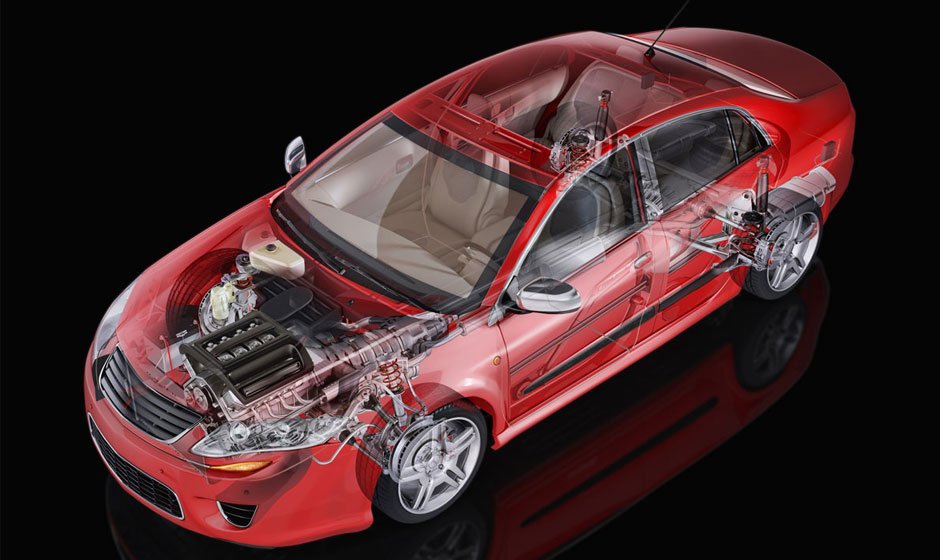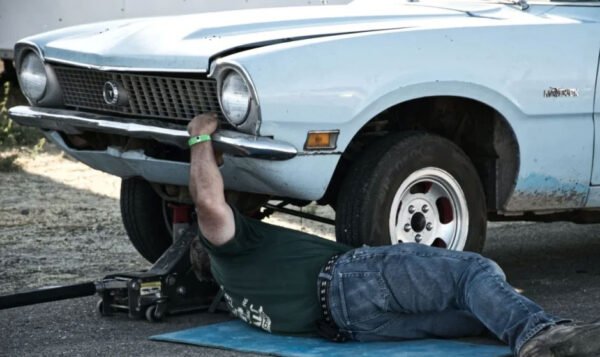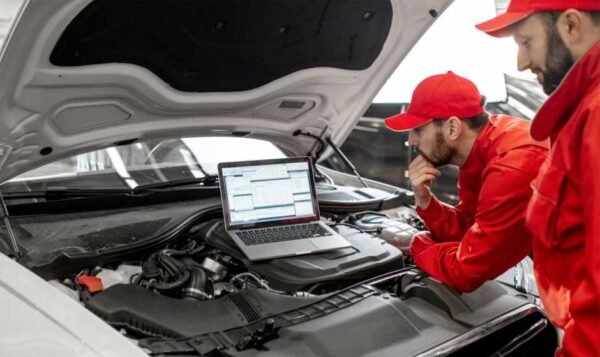The Inner Workings of a Car – A Beginner’s Guide

If you have recently passed your driving test with colours, you will no doubt be looking forward to buying your first car. The freedom and independence that comes with car ownership is a breath of fresh air for a young person who is embarking on a career, yet motoring comes with responsibilities, not least being the cost.
The Power Unit
The heart of any vehicle is the power unit, or engine. There are several types of power unit, some are fuelled with petrol, some run on diesel and an emerging sector is the EV (electric vehicle). If you are going to buy a used car and know nothing about engines or cars in general, you should hire a mechanic to accompany you. Engine capacity is directly related to performance; a small hatchback would have an engine up 1.5l, typically a 4-cylinder unit, while larger cars use 6-cylinder 2.0l engines and some vehicles have a more powerful engine such as a 3.5l V8 engine.
Regular Engine Maintenance
The following tasks must be carried out regularly:
- Replace engine oil and oil filter
- Check and top up engine coolant
- Clean/replace air filter
- Check belt tension and wear
Every 50,000 miles would require a gearbox service from an approved garage (see owner’s manual for more details) and should you ever experience gearbox issues, this isn’t something you can fix yourself. Regular engine mapping ensures optimum performance while keeping fuel consumption low.
Tyres & Wheels
The tyres on a car are the only components that have contact with the road and they are therefore crucial. Check the tyre treads (minimum tread depth 3mm) and when replacing tyres, replace by the pair or all 4, never replace a single tyre unless in an emergency. You should also check tyre pressures regularly – see the owner’s manual for correct PSI. Wheels, or rims as they are known, are typically made from alloy and they need to be balanced to prevent vibration.
Brake System
Cars have two brake systems; the first is hydraulic, when you put your foot on the brake pedal, the brake fluid is forced through pipes and close the pads onto the brake discs. Brake pads are made from ceramics and they can work at high temperatures, which friction causes; typically brake pads are replaced every 50,000 miles and you should check brake fluid levels in the reservoir and top up when the level falls below the minimum line. The other brake system is the handbrake, which is activated when the vehicle is stationary and not in use. Click here for a useful guide on cost-effective car ownership.
Suspension
Some cars have spring-loaded shock absorbers while others use gas filled shocks that soften the ride. If a shock absorber is defective, there will be audible clunks when you hit bumps and hollows in the road. Most units have a 3-year warranty and if you want a smoother ride, you can always upgrade.
Climate Control
Cars are equipped with a heating and a/c system that needs a specific gas to enable cooling; cleaning filters is really the only maintenance to carry out and should there be any issues, take the car to an approved a/c maintenance shop and let the professionals identify the problem.
Drive Systems
There are a few different drive systems; 4WD, when power is delivered to all 4 wheels; front wheel drive with power driven to the front wheels and rear wheel drive. Some vehicles are designed for off-road environments and they would have limited split-diff, with high/low gear shift. Make sure that you buy a car that is suitable for the kind of driving you plan to do.
Servicing Intervals
The owner’s manual will tell you how often your car should be serviced; most are around 5,000 miles when engine oil and oil filters are replaced. Each service is listed, along with the specific tasks to be included and we recommend choosing a garage that is approved by the manufacturer to work on their vehicles. If an unauthorised person works on your car, it might void the warranty, so always use an approved garage.
Vehicle ownership means many liabilities, yet when all is said and done, having a nice car at your disposal 24/7 is an exciting and very useful thing to have. Take good care of your car and it will always be ready to take you where you want to go.



